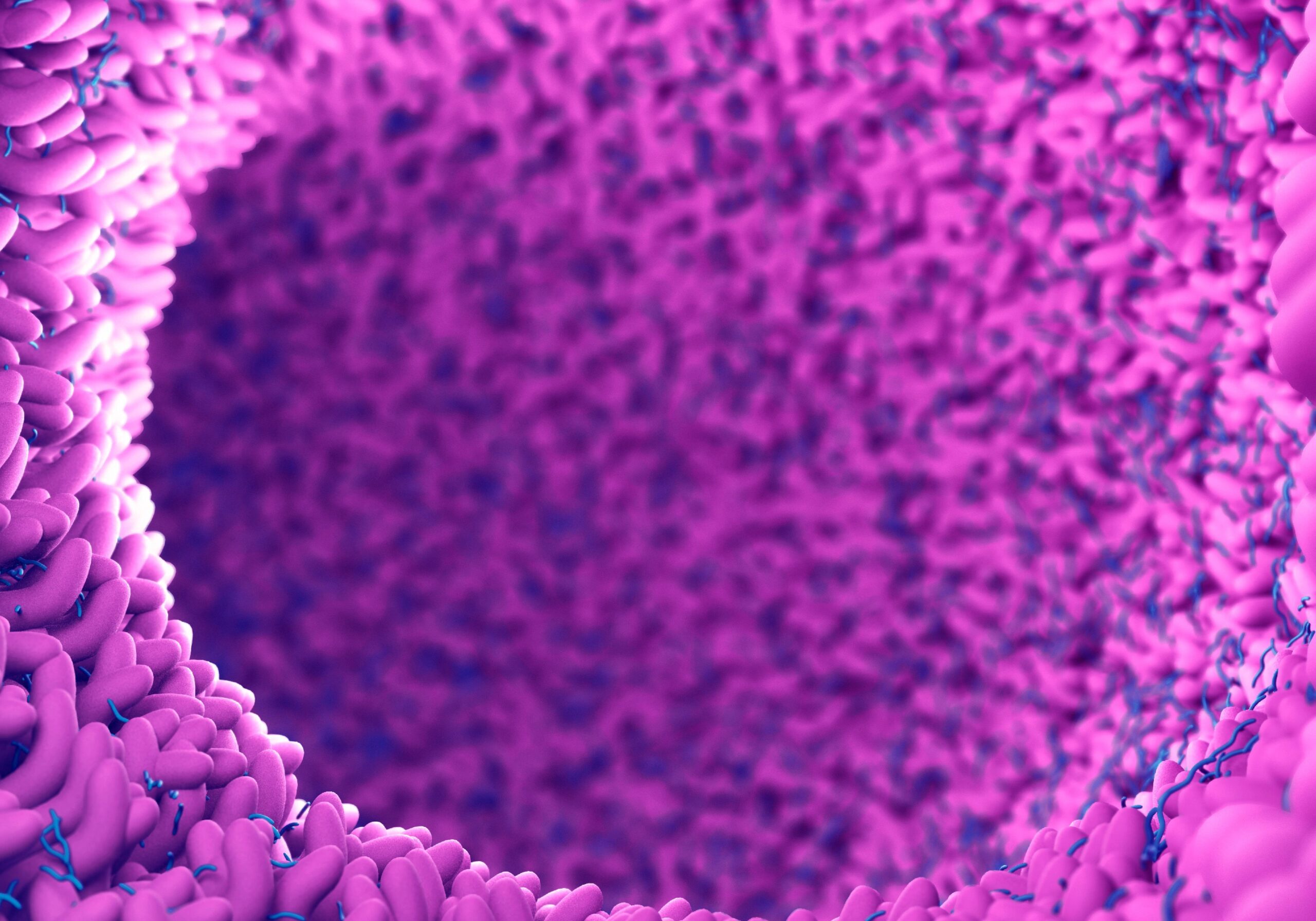HOME >> CONFERENCE >> THEMES >> THE WORLD WITHIN US
The World Within Us: Our Microbiome

What is our microbiome, how does it impact human health, and how might we modify it and use it to inform the future of disease prevention and health care?
We will discuss how incorporating the microbiome into current concepts of human health and disease offers the potential to revolutionize the future of how we predict, prevent, diagnose, and treat illnesses in women and their progeny.
The trillions of microorganisms that reside in and on our bodies, including bacteria, viruses, fungi, yeast, and other microbes, are collectively referred to as the microbiome. These microorganisms are incredibly abundant, outnumbering our human cells by a ratio of 10 to 1, and their collective genomes surpass the human genome. Microbial communities assemble and develop early in life, beginning with the microbes acquired during birth, and evolve throughout our lifetimes. They provide a wide variety of critical functions that are otherwise not available, including aiding in digestion of nutrients and metabolites, producing vitamins, training our immune system, protecting us from harmful bacteria and viruses, and even regulating our mood and behavior.
While living in harmony with our microbiome is essential for our health and wellness, the delicate balance between us and our microbiome can be disrupted by a variety of factors such as infections, the use of certain antibiotics and other medications, and changes in diet.
Some of our microbial communities are located at sites that are directly relevant to reproductive and gynecological health. For example, changes in the urinary tract or vaginal microbiome can influence a woman's susceptibility to bladder infections, cause yeast overgrowth and significant discomfort. Changes in the reproductive tract microbiome can also lead to inflammation and affect fertility. Changes in the genital tract microbiome during pregnancy have been associated with complications of pregnancy such as preterm birth and gestational diabetes. Likewise, changes in the gut microbiome have been associated with a range of noncommunicable diseases that affect women, including autoimmunity, inflammatory bowel disease, endometriosis, obesity, neuropsychiatric disorders, and endometrial and ovarian cancer.
With the microbiome playing such a critical role in our overall health and susceptibility to disease, significant efforts are underway to explore its impact on women's health. This work has paved the way for a new generation of therapeutics. Microbiome-based therapies, such as probiotics, prebiotics, and microbiota transplantation, have shown promising results in treating several women's health disorders. Additionally, microbiome research has led to the identification of microbial biomarkers that can aid in diagnosing and predicting the risk of various health conditions.
With the cost of women’s health-related illnesses projected to surpass $1 trillion within the next decade, it's more important than ever to understand the factors that contribute to individual differences in disease susceptibility, onset, and treatment response across the lifespan. Will the microbiome provide new clues on how to prevent acute or chronic illnesses affecting women? Our track, “The World Within Us”, will provide a roadmap on the promises and potential pitfalls of microbiome research and women’s health. It will shed light on the importance of incorporating the microbiome into our current concepts of human health and disease. We will engage world-renowned scientists who will show how listening in on the crosstalk between us and our microbes has the potential to revolutionize the way we predict, prevent, diagnose, and treat women and their progeny, paving the way for a new era in health and disease prevention.
